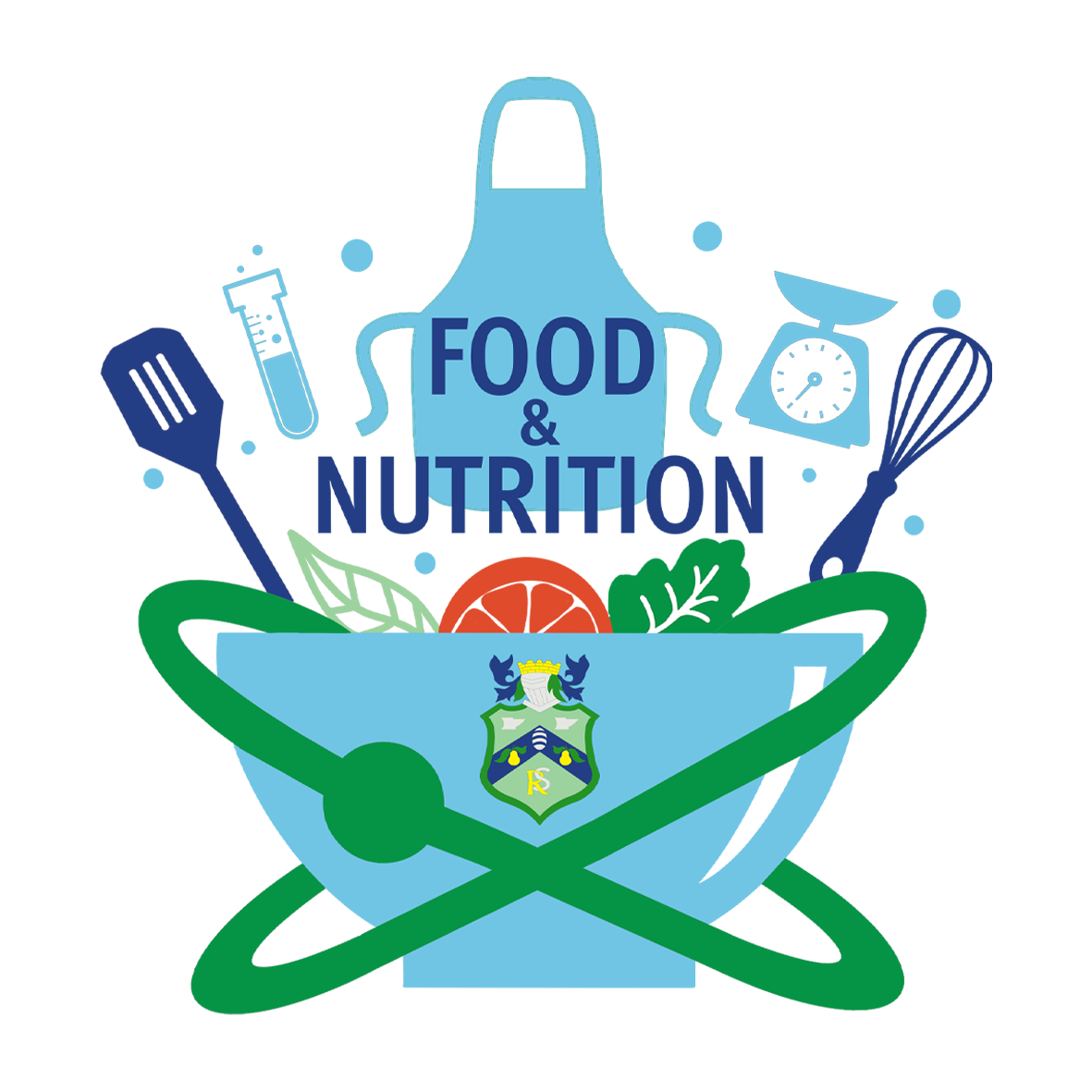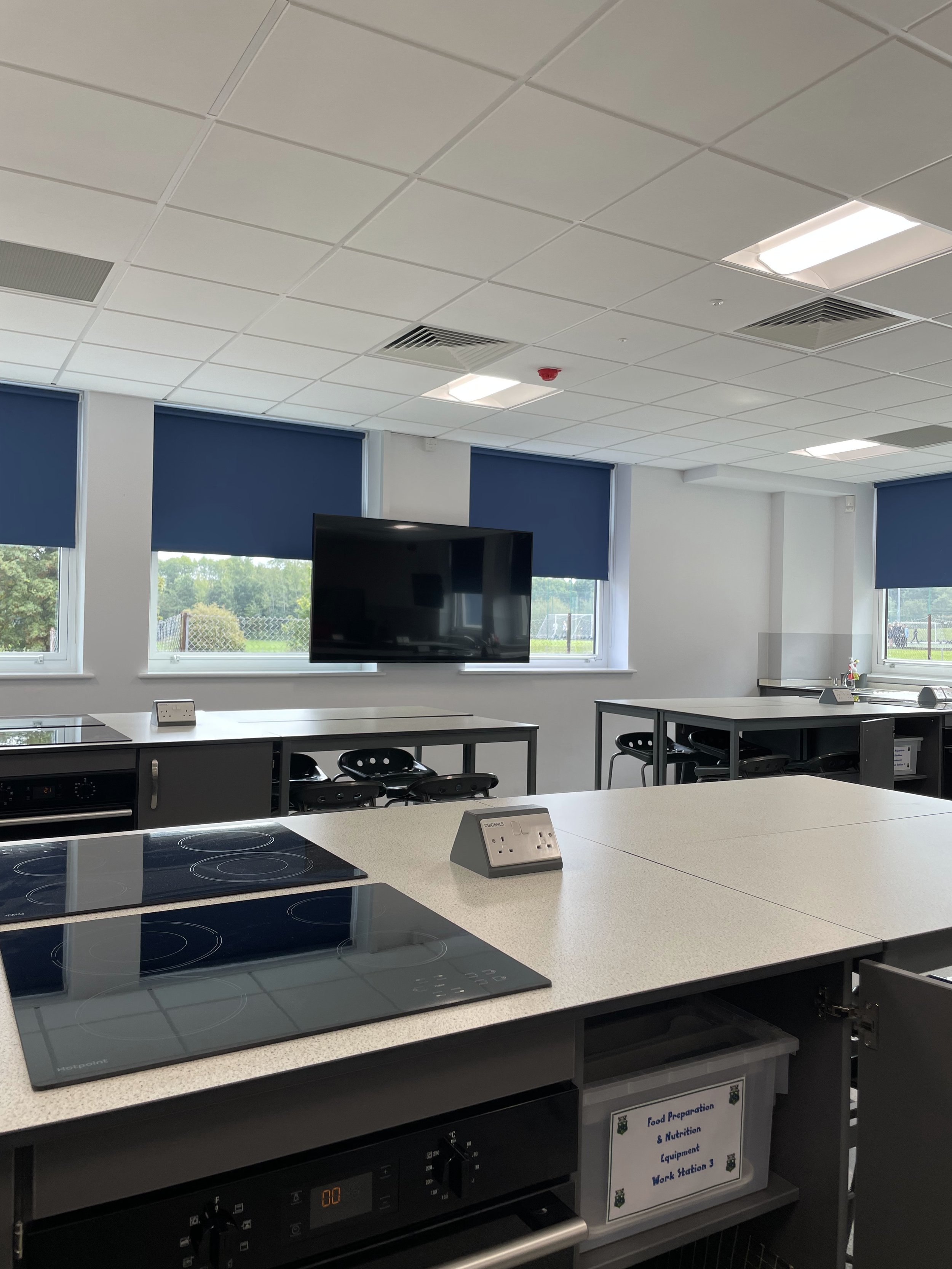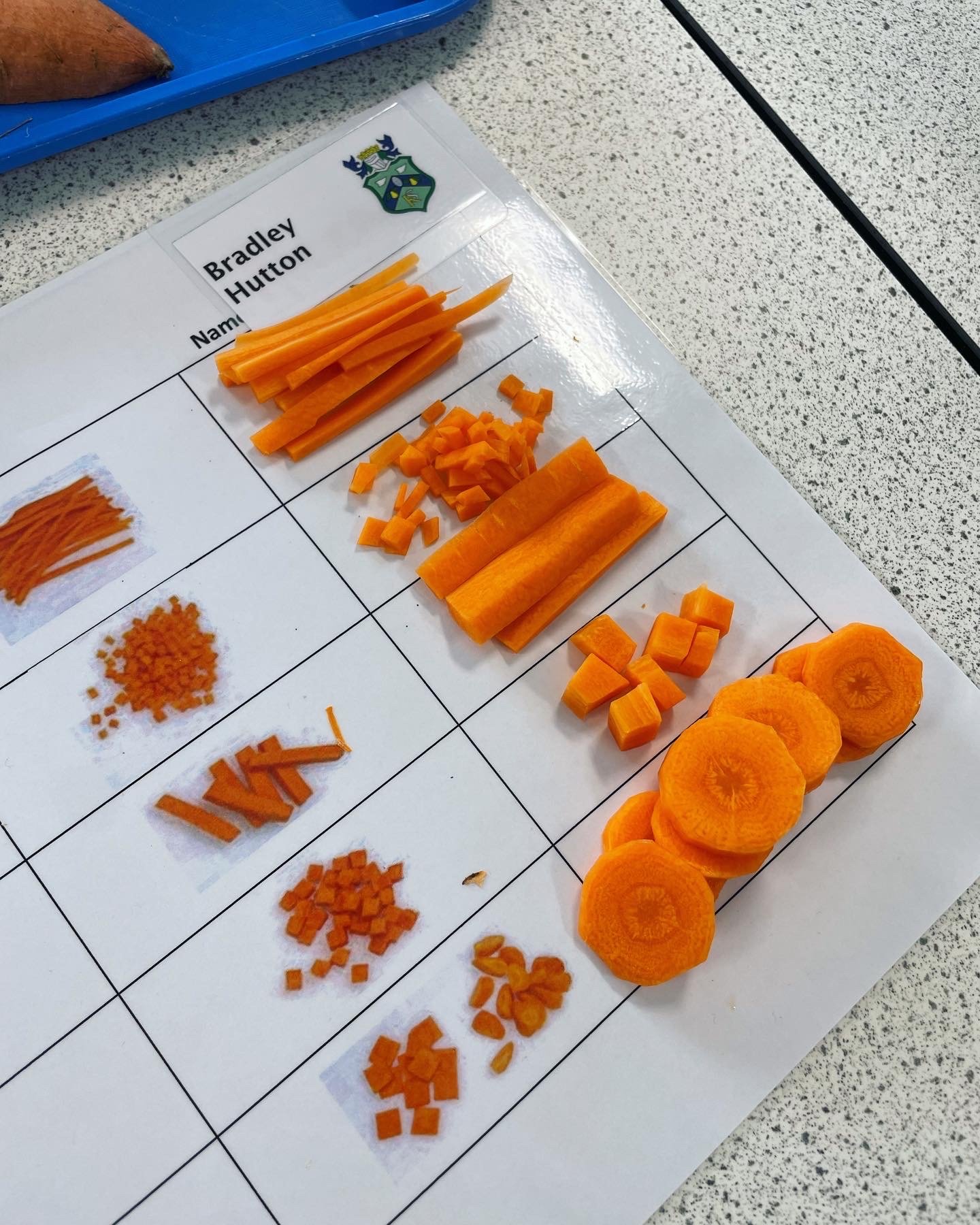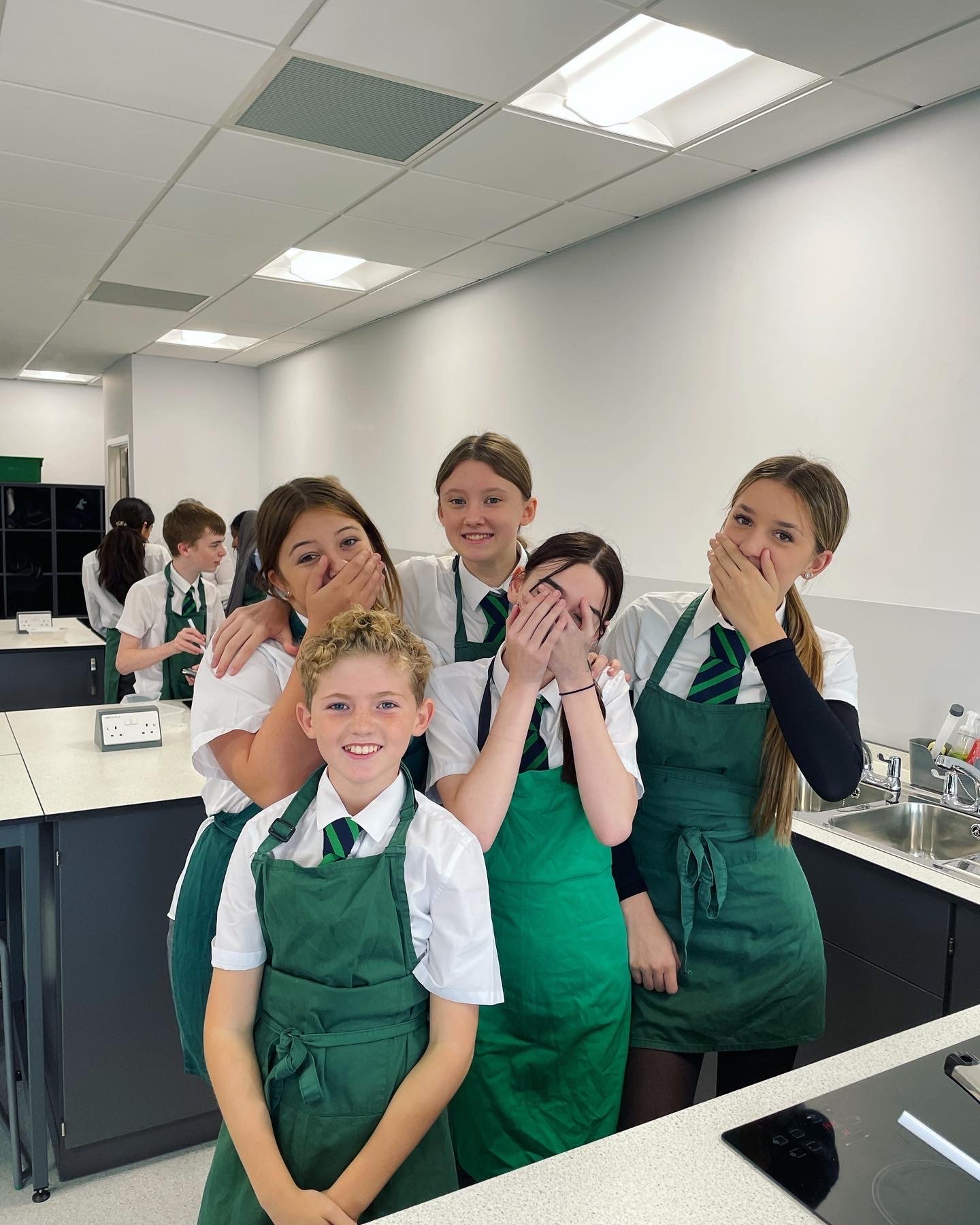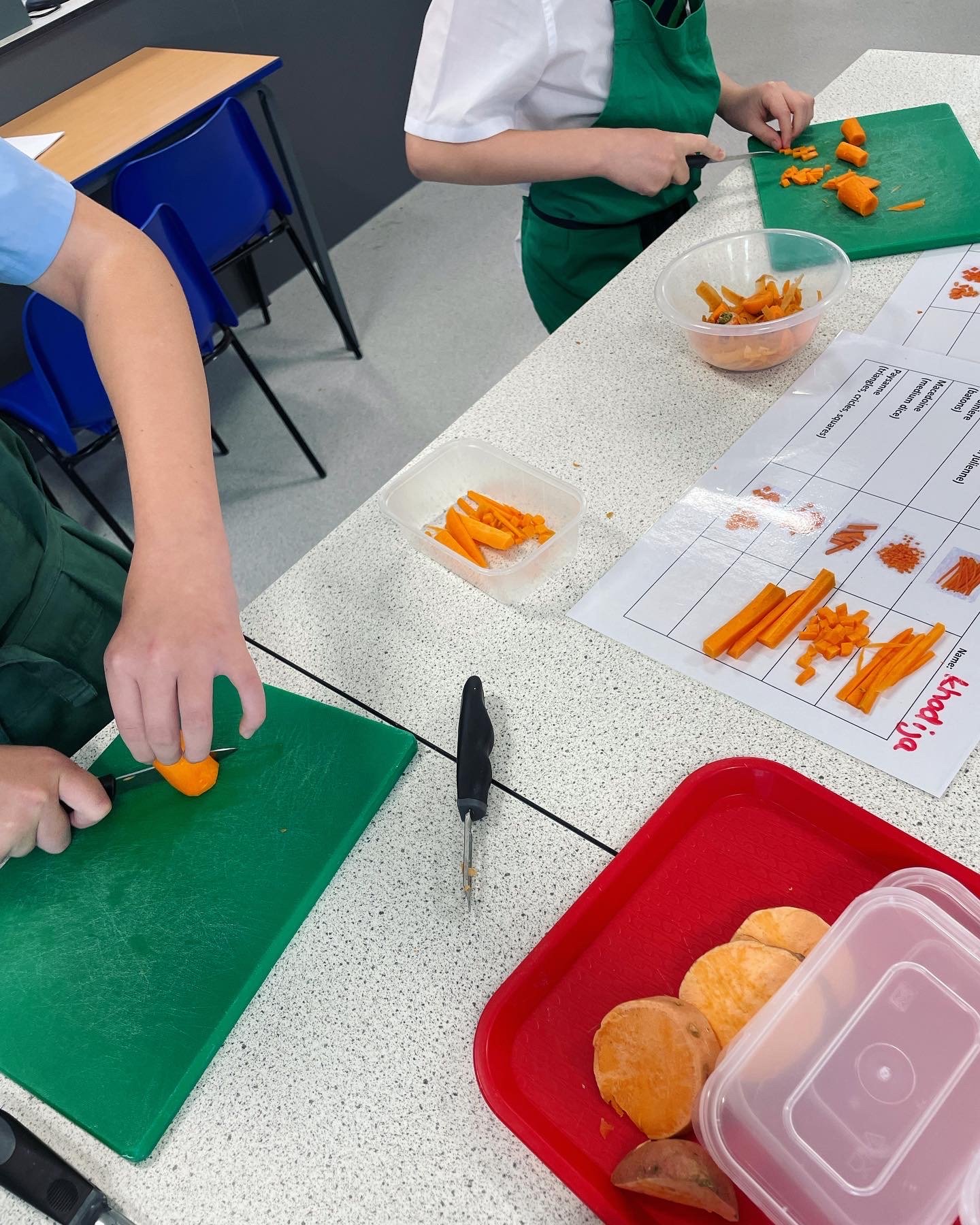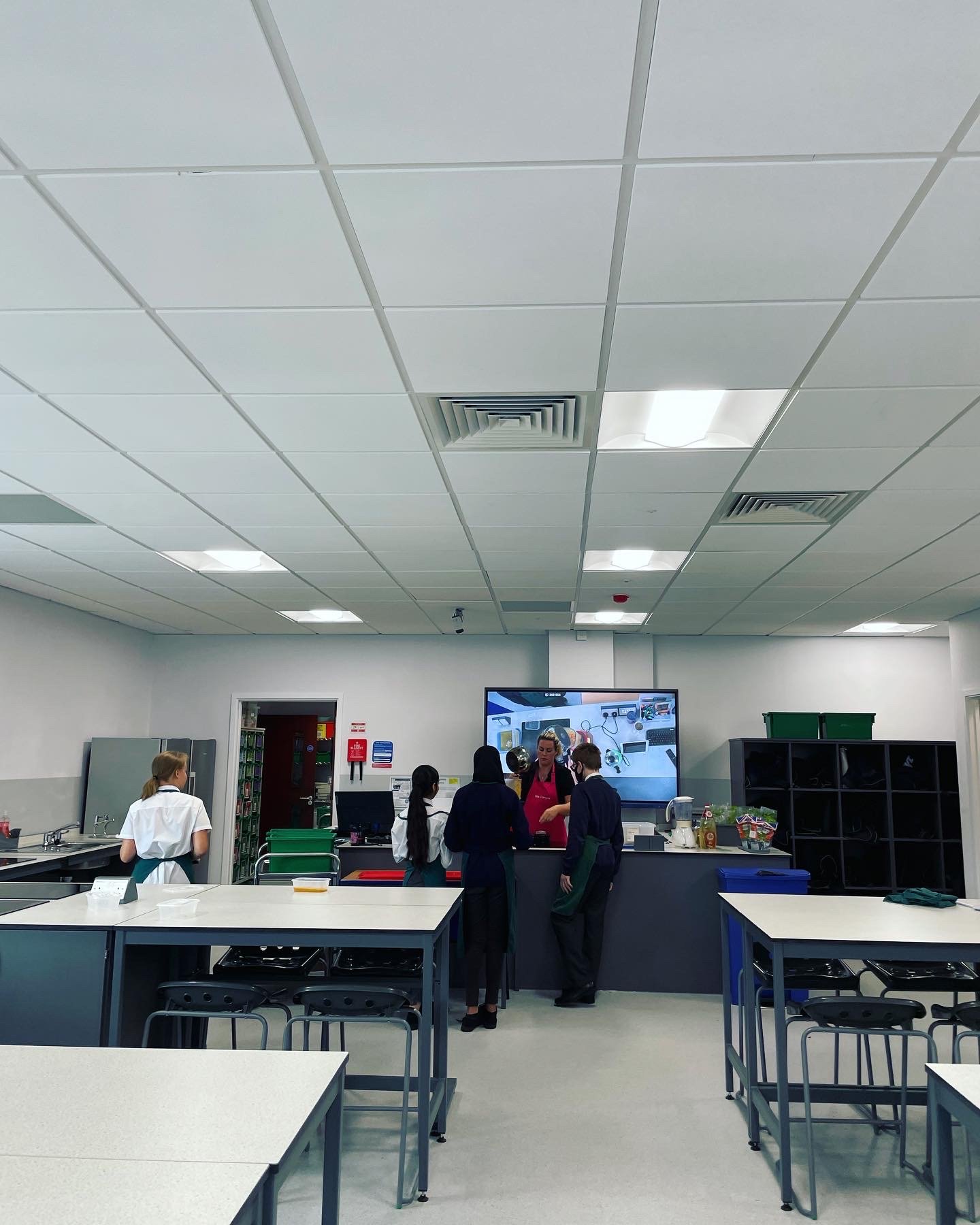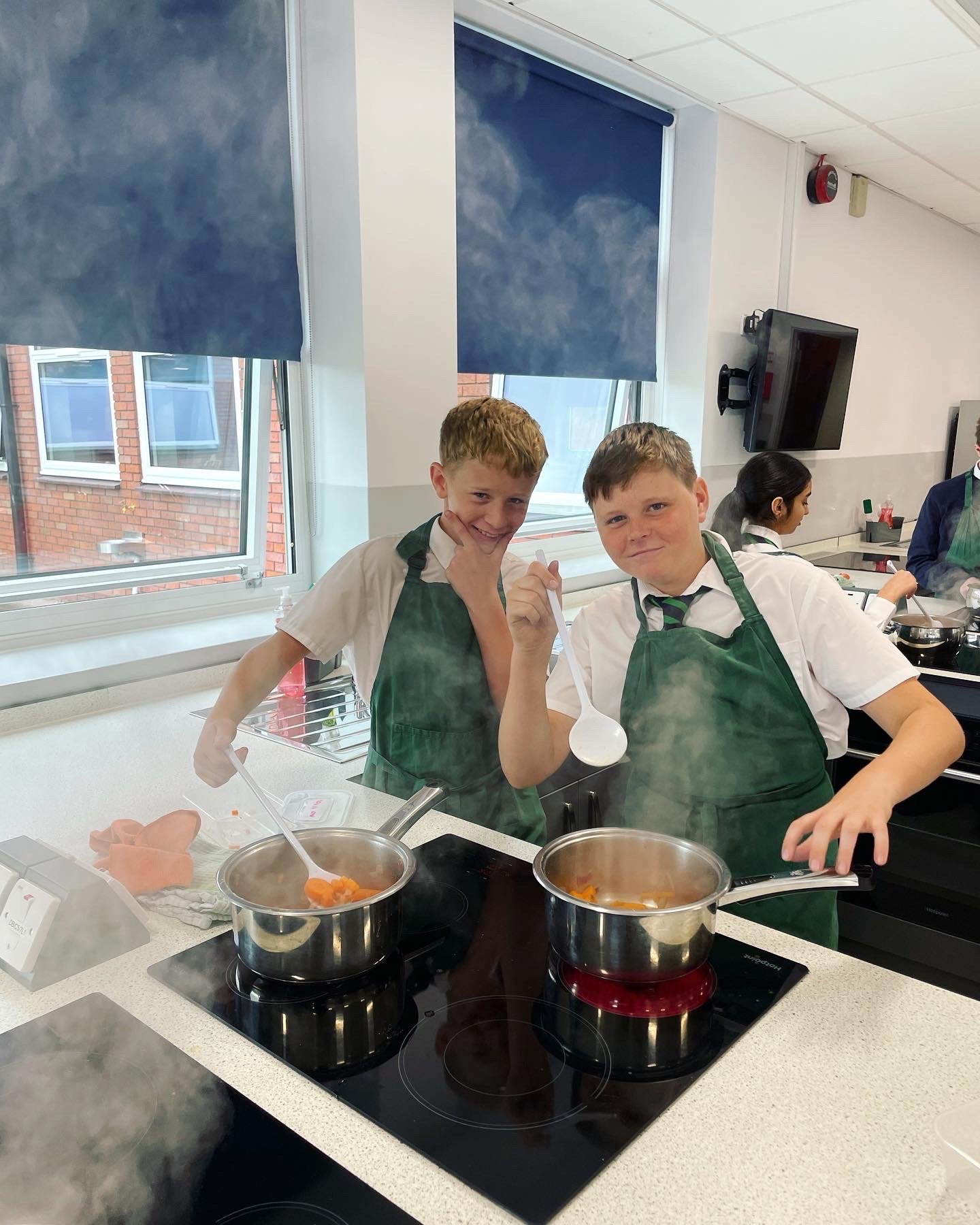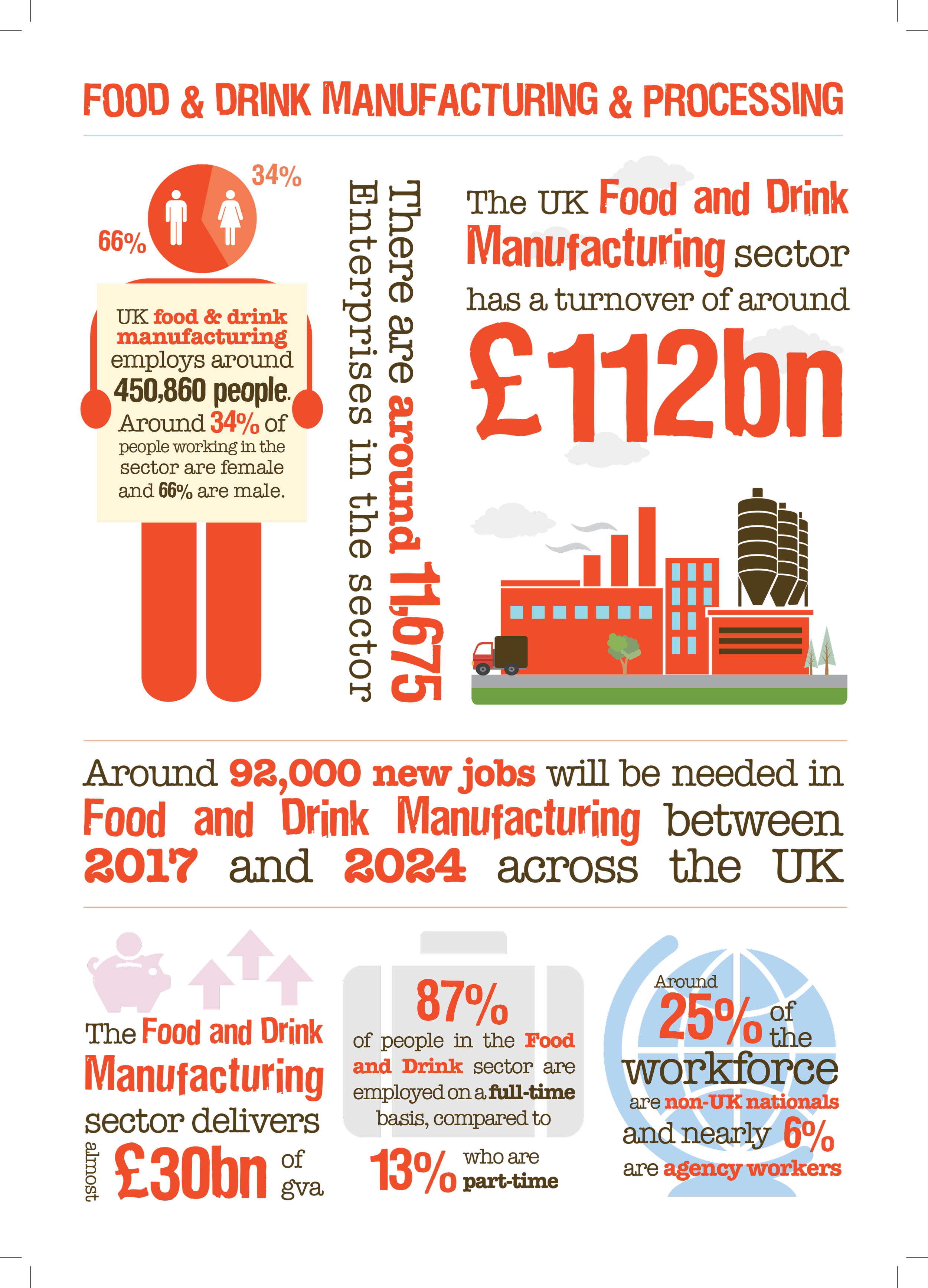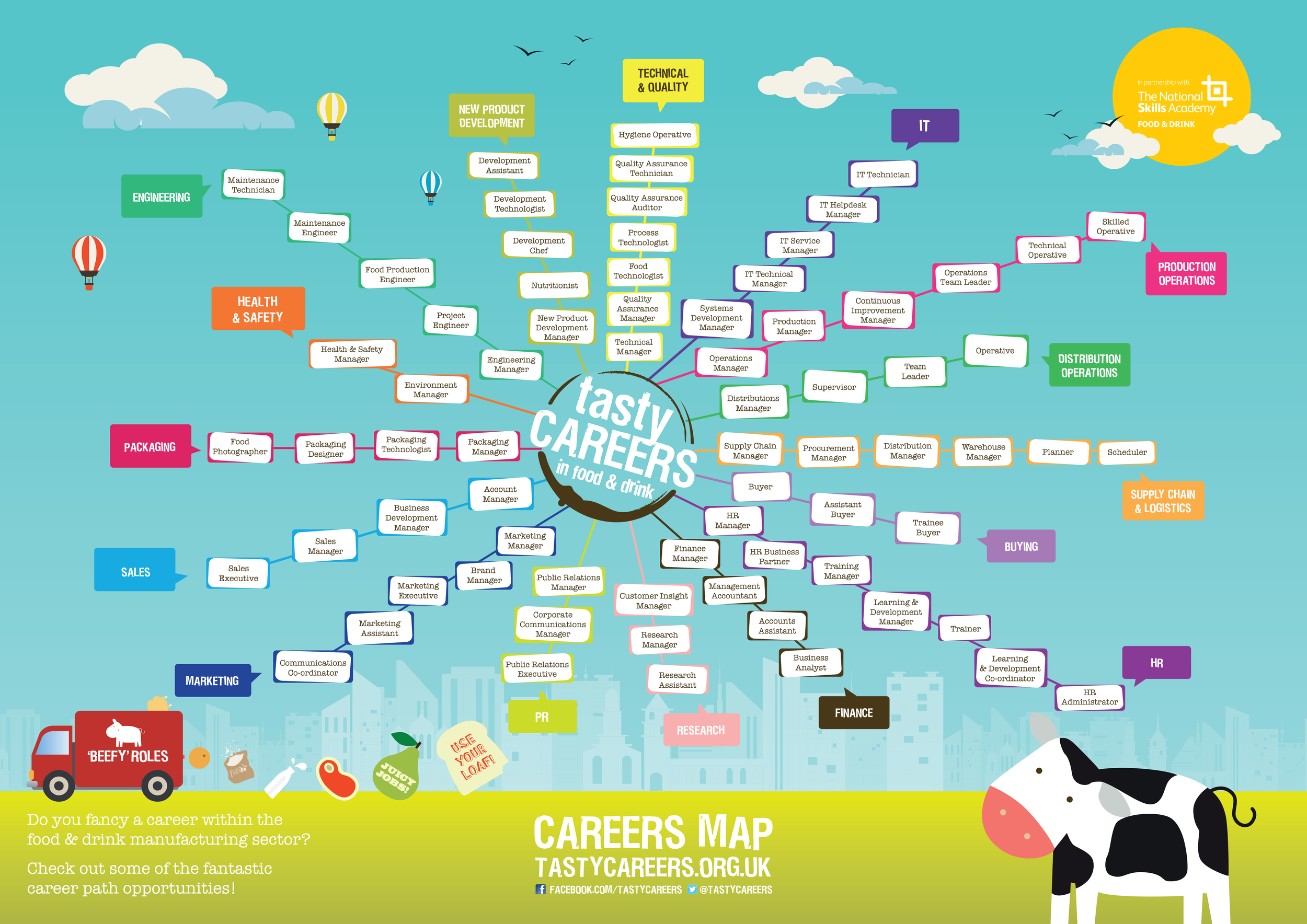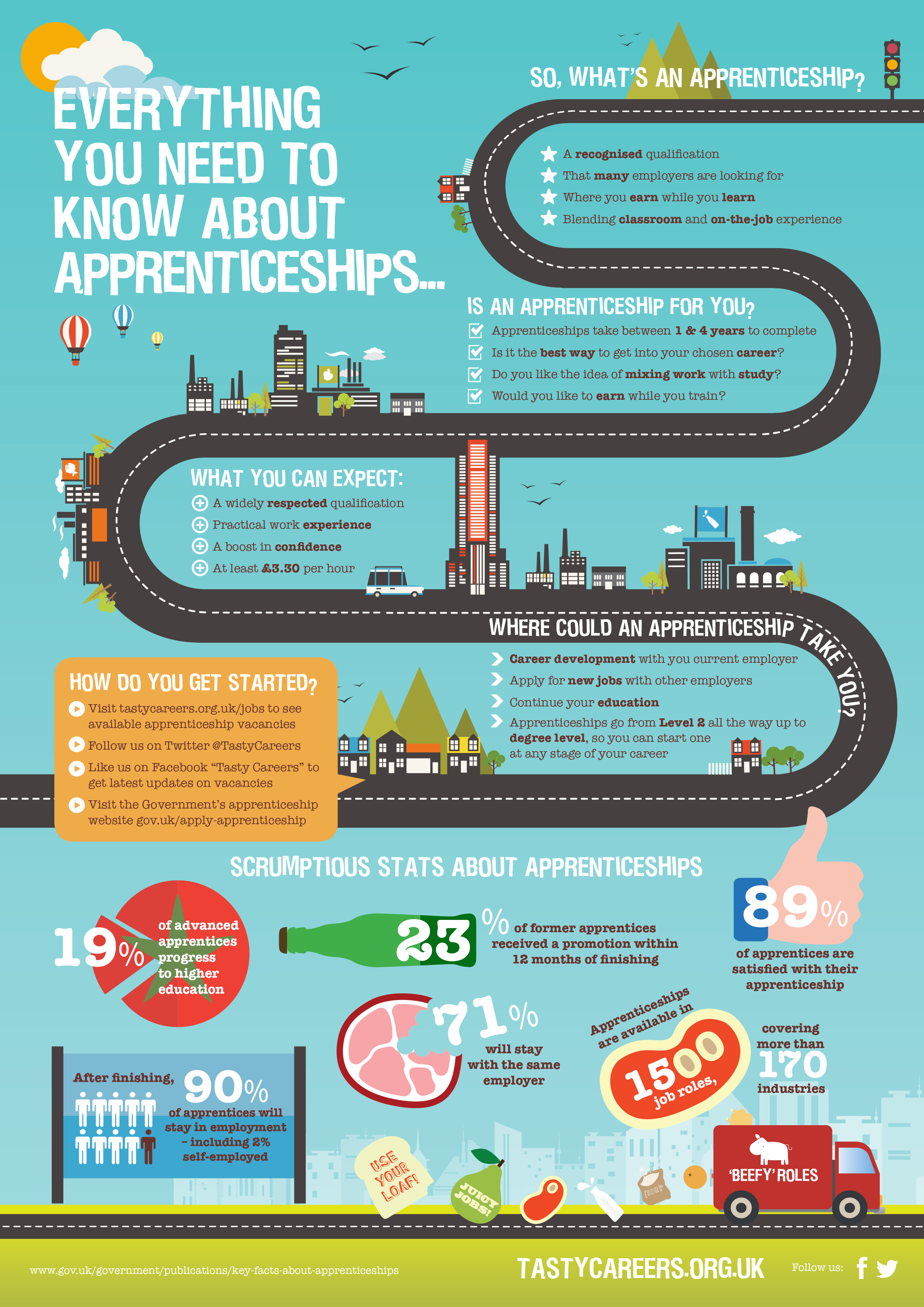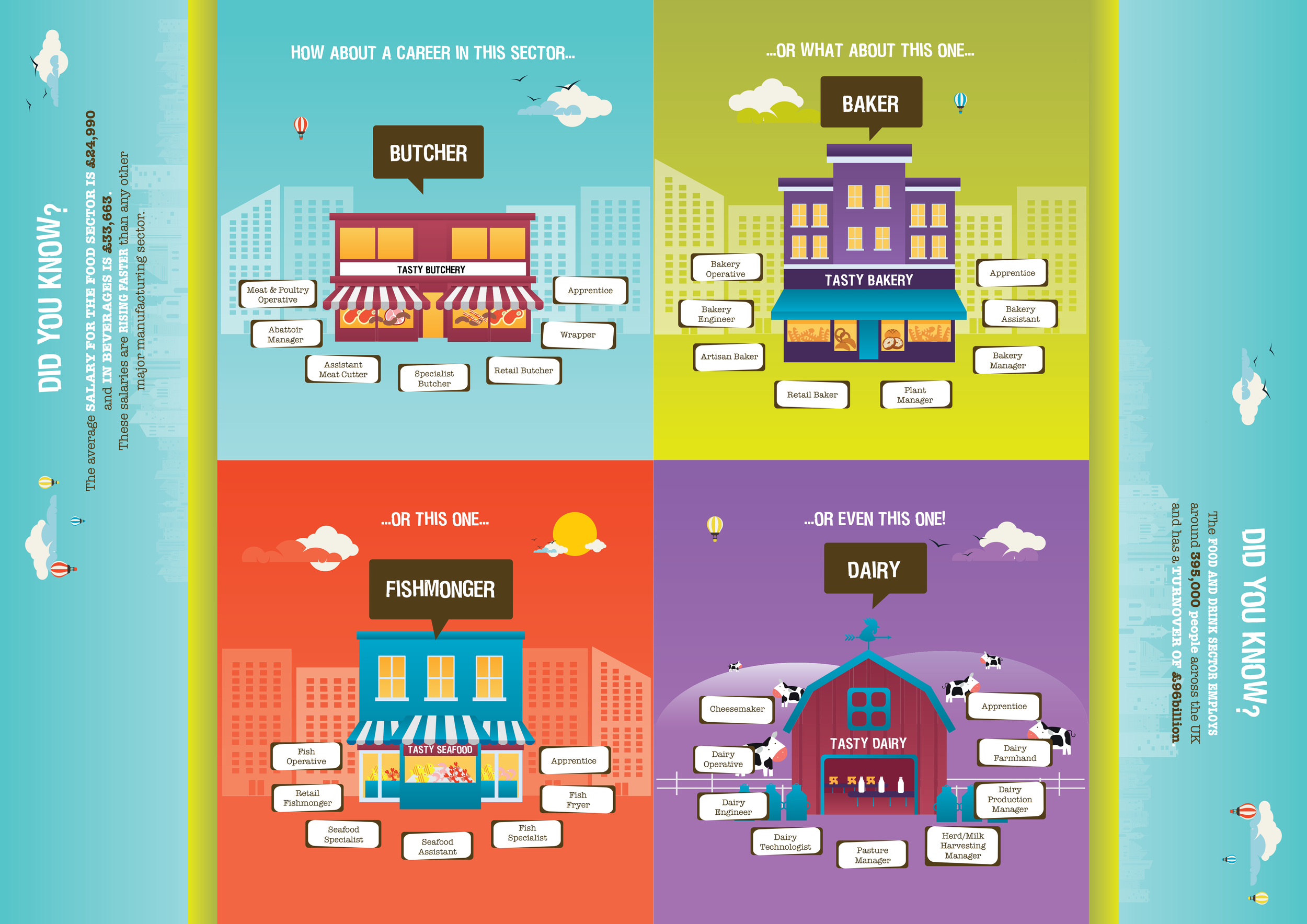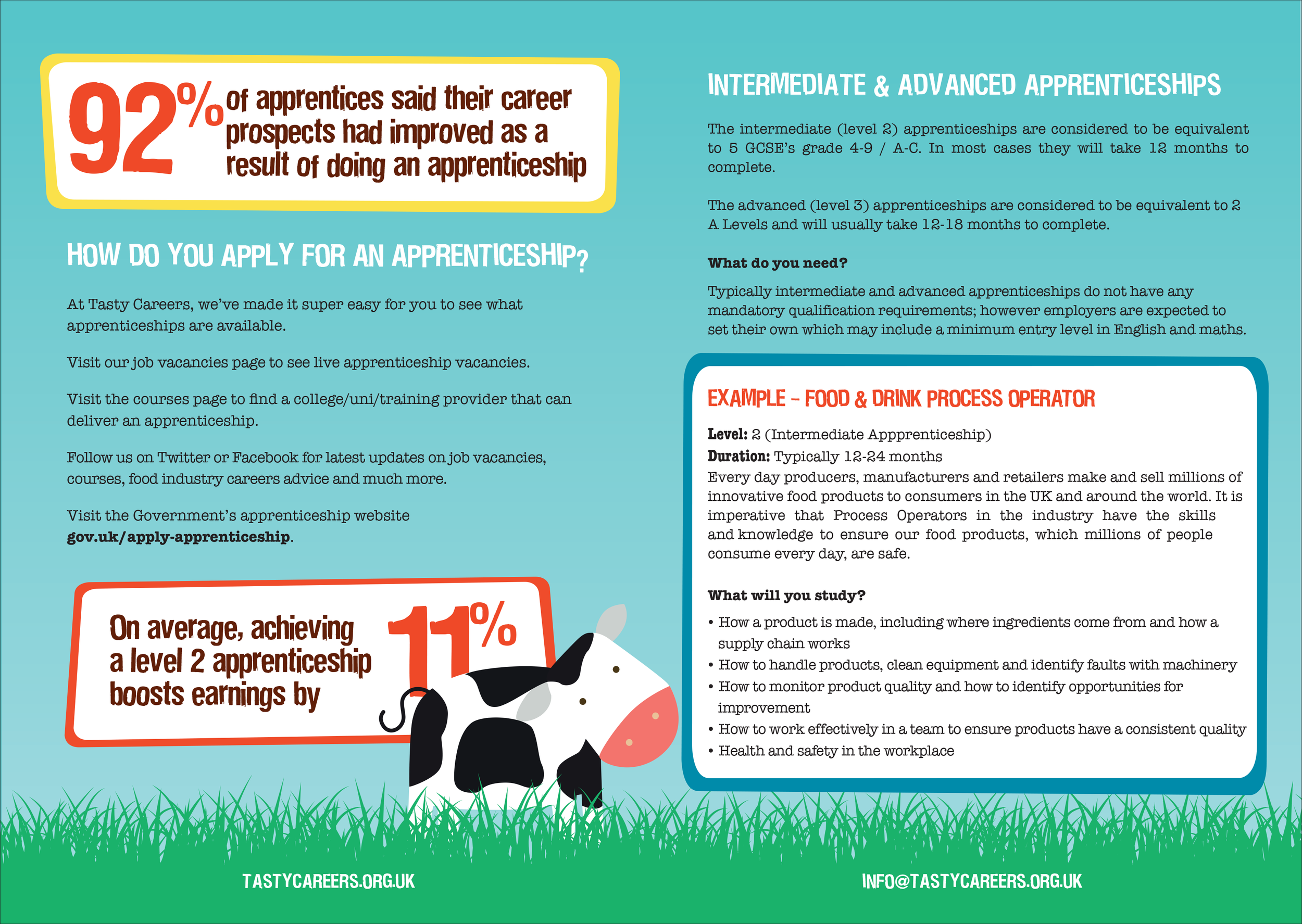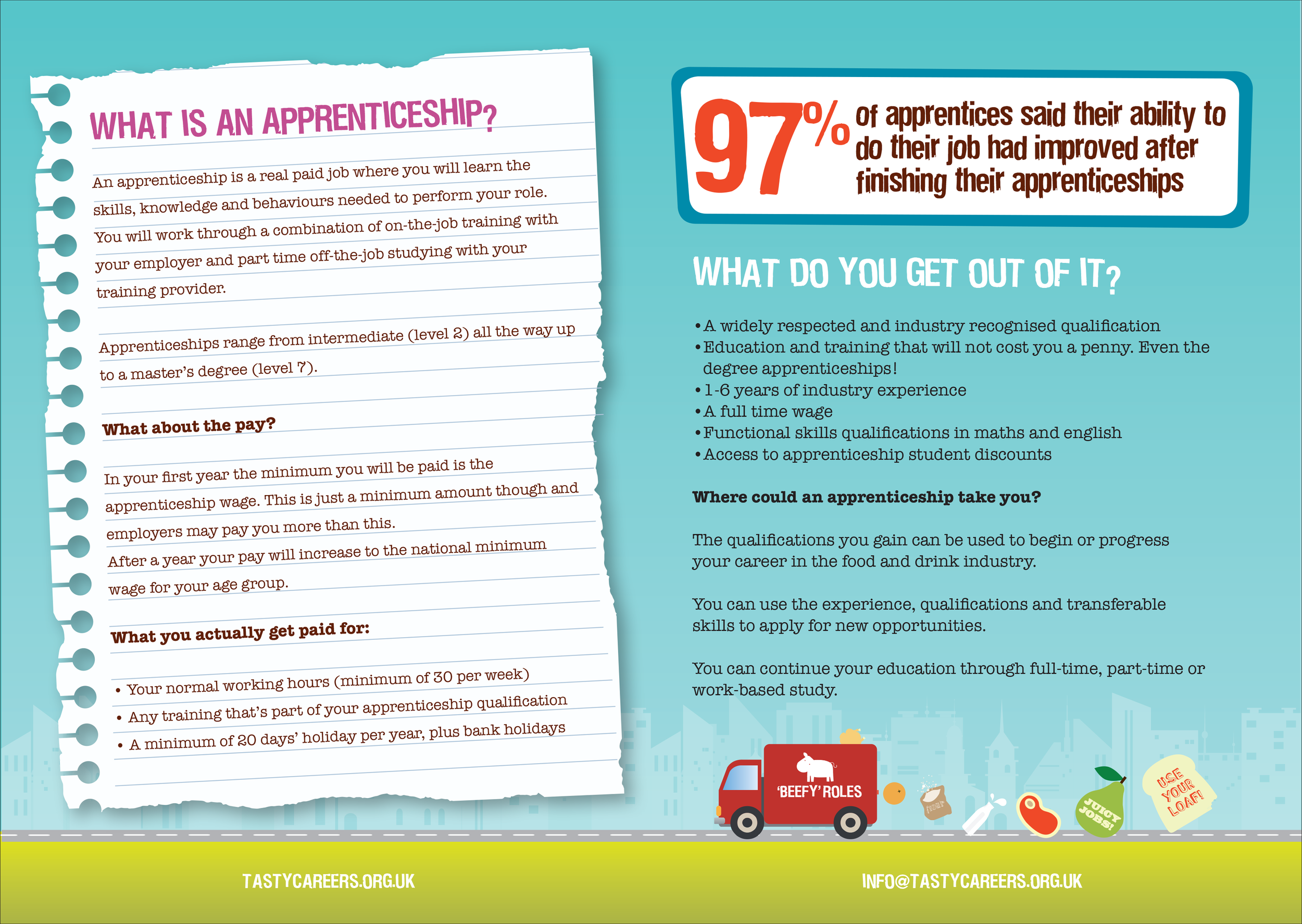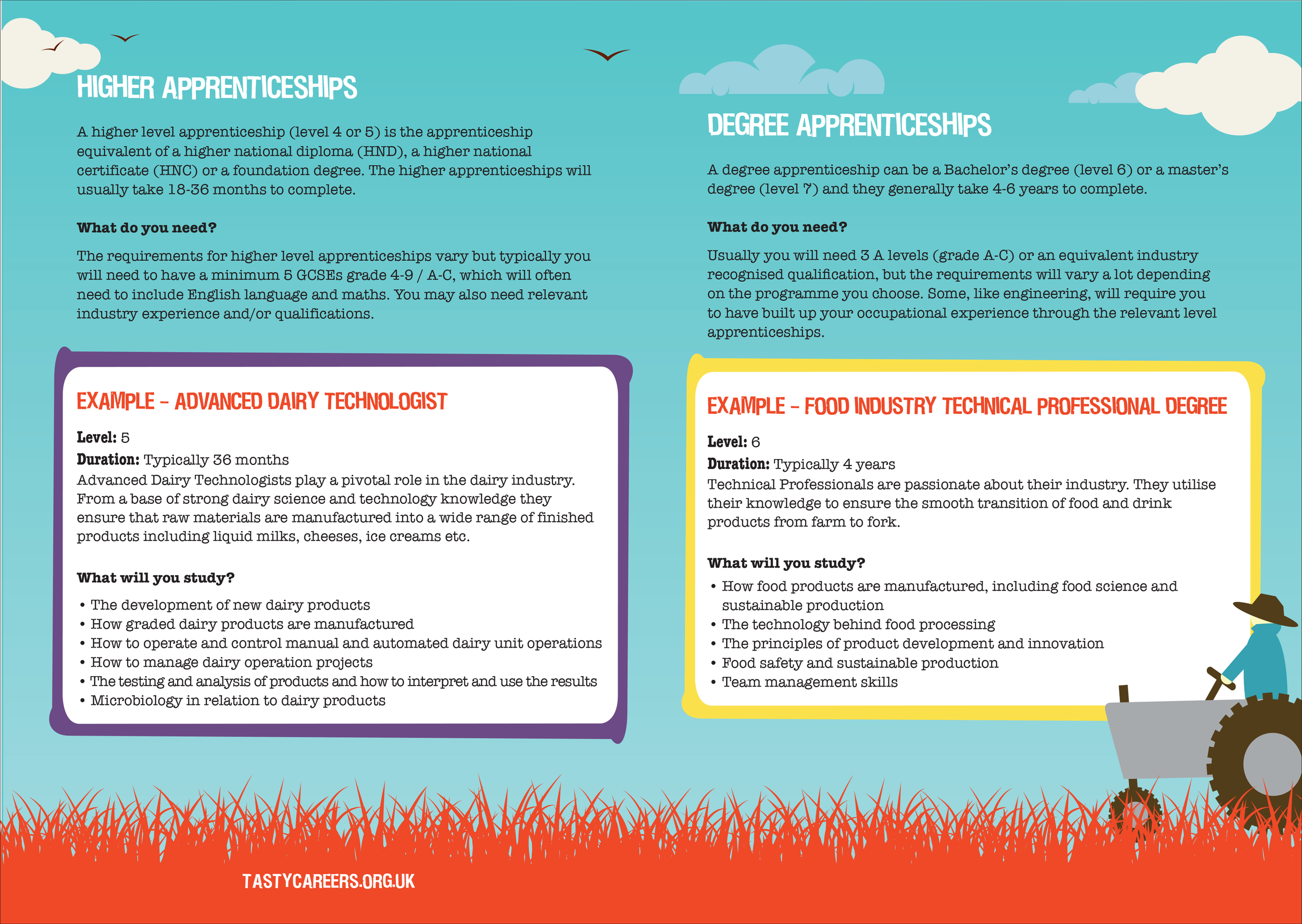food and nutrition
SUBJECT OVERVIEW
The Food department at Redhill School is an exciting and energising area to work in. Our ethos is to ensure that our pupils are equipped with the knowledge, understanding and skills to be able to cook and apply the principles of food science, nutrition, and healthy eating. Whilst at Redhill School, students are taught a wide range of practical skills and scientific-based knowledge which will enable them to feed themselves and others affordably and nutritiously, now, and later in life.
During Year 7 pupils study Food Nutrition for one hour every other week and in year 8 and 9 one lesson a week. Opportunities are also provided for students to join food clubs and engage in competitions to become the next ‘Master Chef.’ We also celebrate outstanding practice and commitment by awarding our star chef badge and achievement certificate. Students on year 9 will have the option to choose the Food preparation and Nutrition GCSE to develop their skills further.
INTENT
Our aim at Redhill is that students will be equipped with a knowledge and understanding of the basic principles of food preparation, healthy eating and food choices, the nutrition and the food science behind food preparation and consumption enabling them to make positive choices when cooking, preparing and consuming food with an understanding of food sources and environmental factors that affect food production and sustainability.
Food and nutrition is delivered through 5 main competences these are delivered through a foundation curriculum model that will scaffold skills needed in the GCSE course: food commodities, principles of nutrition, diet and good health, food provenance and manufacturing, science of food, cooking, and storage of foods
The KS3 Food curriculum takes account of the National Curriculum, the core competencies, and the need to prepare students for the GCSE Food Preparation and Nutrition specification.
To ensure the effective delivery of our Food and Nutrition curriculum, we employ dedicated and well-qualified staff who are passionate about their subject and committed to the success of our students. Our teachers possess relevant qualifications, such as a Food and Nutrition degree or a related field, and regularly engage in continuous professional development to stay abreast of the latest research, teaching techniques, and health and safety regulations. We promote a culture of sharing best practices and encourage staff to collaborate and innovate in their teaching approaches to enhance student learning and engagement
We prioritize the safety and wellbeing of our students when it comes to teaching Food and Nutrition. Our practical cooking lessons are conducted in well-equipped kitchens that adhere to health and safety regulations and are regularly maintained. We ensure that students are provided with high-quality ingredients and tools necessary to prepare nutritious meals safely.
KS3 National curriculum
“As part of their work with food, pupils should be taught how to cook and apply the principles of nutrition and healthy eating. Instilling a love of cooking in pupils will also open a door to one of the great expressions of human creativity. Learning how to cook is a crucial life skill that enables pupils to feed themselves and others affordably and well, now and in later life.”
understand and apply the principles of nutrition and health.
cook a repertoire of predominantly savoury dishes so that they can feed themselves and others a healthy and varied diet.
become competent in a range of cooking techniques [for example, selecting and preparing ingredients; using utensils and electrical equipment; applying heat in different ways; using awareness of taste, texture, and smell to decide how to season dishes and combine ingredients; adapting and using their own recipes]
understand the source, seasonality, and characteristics of a broad range of ingredient.
Core competencies
Core competences for children and young people aged 5-16 years.
The competences represent core skills and knowledge around the themes of
Diet (food and drink),
Consumer Awareness,
Cooking (Food Preparation and Handling skills),
Food Safety
Active Lifestyles (physical activity)
These are delivered through our five-year curriculum plan within food.
WIDER SCHOOL OPPORTUNITIES
Our Key Stage 3 Food and Preparation curriculum aims to ensure that:
All students should have the skills, confidence, and resilience to undertake preparing and cooking a range of dishes independently and safely.
All students should have some understanding of how the food they consume will impact on the health of their body and mind, both now and in the future.
All students should understand that ingredients have specific functions in recipes and be beginning to understand some of food science.
All students should understand some of the impact that growing, rearing, and processing foods can have on people and planet.
All students should have some understanding of their choices as consumer.
Our Key Stage 4 Food Preparation and Nutrition curriculum aim provides
Pupils with the opportunity to participate in trips focusing on Food provenance and product innovation in the food industry and farming
Provides pupils with an experience of outside speakers and chefs to demonstrate high level culinary skills.
Pupils with all the necessary information on post 16 provision at UCB for our students.
Pupils with the opportunity to participate in the Saturday Chef and Baking Academy.
SMSC
Spiritual Moral Social and Cultural development
Spiritual development – pupils are aware of different religious symbols in Food. In lessons they can develop their own character and self-awareness while learning in a creative way. In food there isa holistic approach to learning where pupils find out things by working with others. Pupils can explore a variety of diverse cultures and learn about other countries traditions and how this affects meals prepared and festivals celebrated.
Moral development – Pupils are encouraged to explore environmental responsibilities and are taught to consider responsibly and sustainably, whilst developing their knowledge of the 3 R’s (Reduce, Reuse Recycle). All pupils follow a Food Code of Conduct and learn to work safely together; following these ensures safe and efficient use of the kitchen equipment. Pupils are introduced to healthy eating lifestyles, this enables them to demonstrate their ability to create nutritious and well-balanced meals, considering; cost, food availability and food sources.
Social development – Pupils frequently take part in group work, as well as learning to work individually. Practical work takes place in busy environments which develops organizational skills, self-awareness, and teamwork. They regularly learn to assess each other’s work and therefore respect the feedback that they are given. Confidence is developed as pupils take part in presentations. When planning and making, pupils learn to respond to individual customers and are more aware of people’s needs.
Cultural development – Pupils carry out research into other cultures’ food and understand why the people eat different foods.
useful links
UCB Young Chef’s Academy - Classes that any student can apply to running at UCB, a great way to get a taste of catering and food and nutrition courses at degree level.
Careers
Resources below taken from Tasty Careers.


